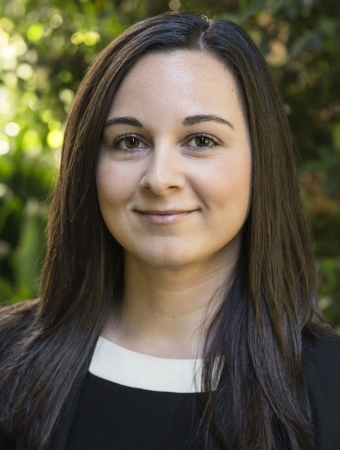
Date:
Location:
Title:
Addressing the urgent environmental challenges arising from non-degradable plastics and the substantial greenhouse gas emissions linked to conventional infrastructure materials is imperative. Recent studies propose a paradigm shift towards harnessing whole biological matter, or biomatter, as a foundational resource for sustainable materials. The rich macromolecular composition, diverse bonding motifs, and hierarchical arrangement of components within biomatter serve as key factors in tailoring the performance of biomatter-based materials.
In this presentation, we will discuss our recent work on transforming photosynthetic biomatter into bioplastics which have mechanical properties and processability akin to commodity plastics. Changes in micromorphology, molecular conformation, and bonding patterns within the biomatter are identified as controlling factors for the mechanical properties of the resultant bioplastics. Additionally, composite approaches further aid in modulating these mechanical properties. The holistic evaluation of our bioplastics includes also end-of-life considerations, encompassing recycling and biodegradation pathways.
On the front of infrastructure materials, we will share our findings on integrating carbon-negative biomatter into cement, aiming to develop hybrid structural materials with a reduced carbon footprint. Particular emphasis is placed on understanding the effects of macromolecular composition on the hydration reactions of cement, as these govern the development of strength in cementitious materials. Leveraging our results as a training dataset, we utilize a closed-loop optimization algorithm that considers material composition, manufacturing conditions, mechanical performance, and life-cycle assessment outputs, specifically CO2 emissions, to drive a holistic design approach for sustainable infrastructure materials.
Bio: Eleftheria Roumeli is an Assistant Professor in the Materials Science & Engineering department of the University of Washington. With a focus on developing and understanding sustainable materials, her research group explores new families of bioplastics, biocomposites, and environmentally friendly structural materials derived from biological building blocks, and specifically from biopolymers. The group investigates the relationships between structure, processing, mechanical properties and life cycle impacts in these novel classes of sustainable materials. Prior to joining UW, Eleftheria completed her postdoctoral training at the California Institute of Technology (2017-2020) and ETH Zurich (2015-2017) – both in Departments of Mechanical Engineering. She earned her B.S. (2009) and Ph.D. in Physics (2014) from the Aristotle University of Thessaloniki in Greece, where her research focused on understanding the structure-property relationships in synthetic polymer nanocomposite materials.
Hosted by Chris Bates. Download Event Flyer.



